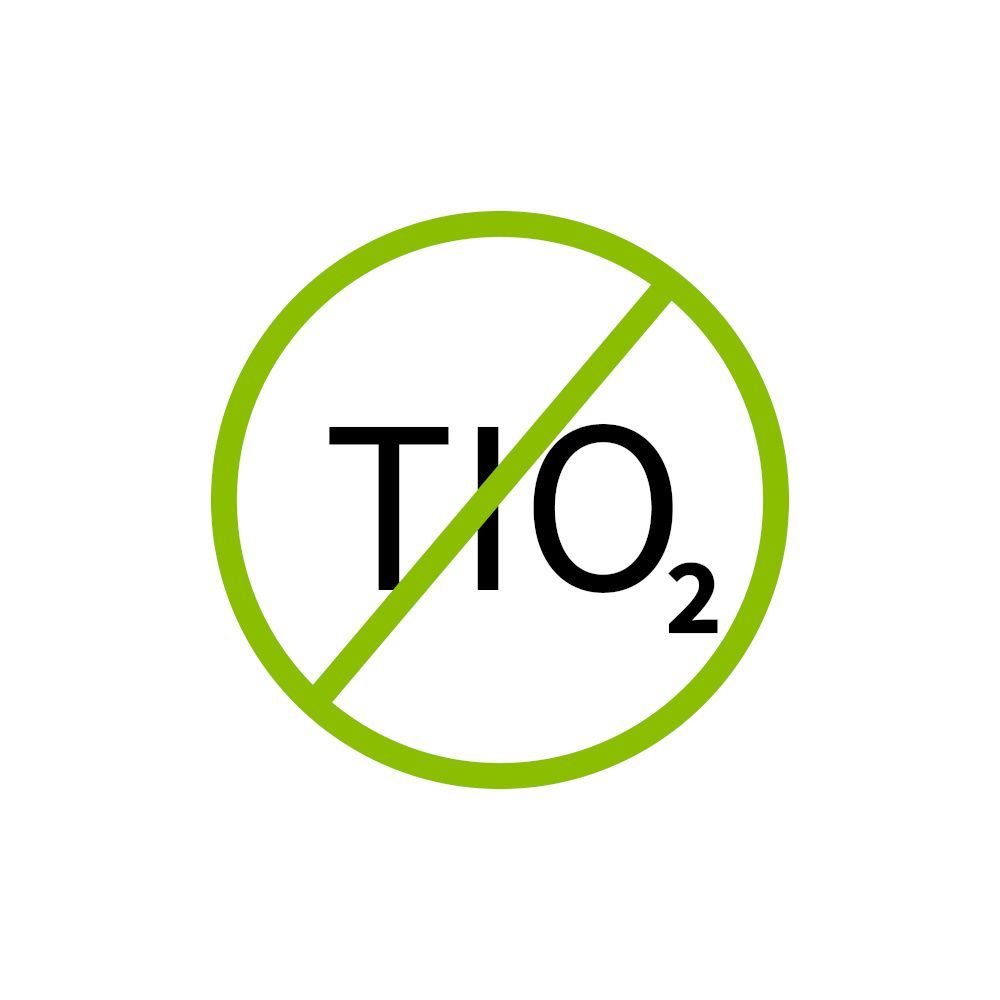CHPA submits comments urging FDA to deny citizen petition proposing ban on titanium dioxide.
The Consumer Healthcare Products Association has submitted comments to the citizen petition in opposition to the proposed repeal of regulation that allows for the use of titanium dioxide in food.
Photo © AdobeStock.com/paintermaster

A recent citizen petition filed by the Environmental Defense Fund, et al. proposed that the U.S. Food and Drug Administration (FDA) repeal the color additive regulation that allows for the use of titanium dioxide in food. The group cites the opinion of the European Food Safety Authority (EFSA) published in May of 2021. In that opinion, EFSA stated that a concern for genotoxicity could from consumption of titanium dioxide could not be ruled out and because of these uncertainties, the article was not safe for use as a food additive.
The Consumer Healthcare Products Association (CHPA; Washington, D.C.) has submitted comments to the citizen petition in opposition to the proposed repeal. “An overwhelming consensus from reputable regulatory authorities and scientific bodies strongly contradicts the hasty conclusion made by the European Food Safety Authority (EFSA) regarding the safety of TiO2. There is a substantial body of scientific evidence…that supports the safe use of TiO2 as a food additive. Dismissing this extensive evidence and adopting EFSA’s precautionary approach without scientific justification would disregard the wealth of accumulated scientific research spanning several decades,” wrote CHPA in its comments. Beyond this, a repeal would have far-reaching consequences for industry with potential impacts on product quality, consumer choice, as well as economic viability of businesses, CHPA explains.
The safety of TiO2 has been evaluated by a diverse group of regulatory bodies, including the FDA, Food Standards Australia New Zealand (FSANZ), Health Canada, Food Standards Scotland (FSS), and the Food Standards Agency and Medicines and Healthcare products Regulatory Agency in the UK. All these groups found no conclusive evidence that would justify a ban on TiO2, explained CHPA in its comments. CHPA also noted that EFSA’s conclusions were based on some genotoxicity tests from test materials that were not representative of the color additive and through routes not relevant to human dietary exposure. Regarding the potential risk of nanoparticle absorption and subsequent bioaccumulation In organs and tissues raised by the petitioners, CHPA explains that multiple studies have demonstrated that TiO2 nanoparticles have shown consistently minimal absorption with no adverse health consequences.
One of the biggest burdens that would result from a ban on TiO2 is finding an viable alternative, which would require extensive reformulation and testing, increasing costs for manufacturers and potentially reducing consumer choice on store shelves. Potential alternatives may not only affect the quality of finished products but may also produce their own set of safety concerns, “necessitating thorough evaluation before widespread adoption,” says CHPA.
“While consumer safety is of paramount importance, a knee-jerk ban on TiO2 in food and dietary supplements would be unjustified. Based on extensive scientific research and regulatory evaluations, TiO2 is deemed safe for use as a food additive when consumed within established regulatory limits,” concluded CHPA.